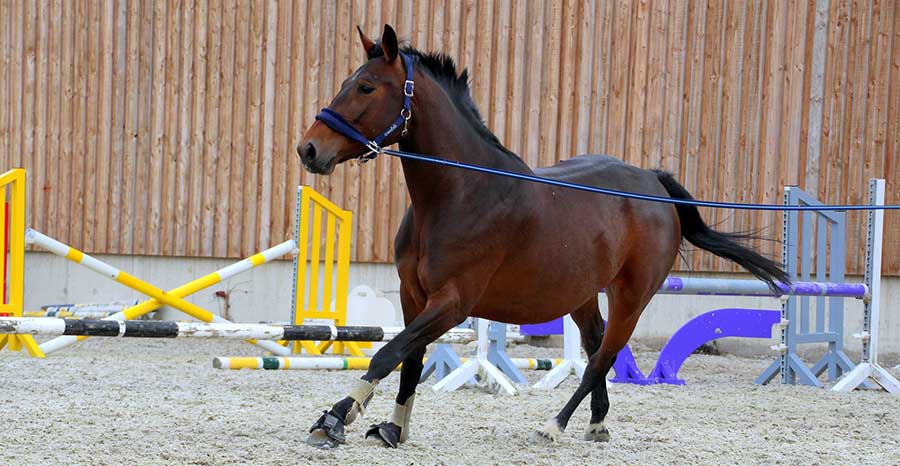
Training a horse is a challenging but necessary part of equine ownership. If you don’t train your horse, it will become unruly and hard to manage as it reaches adulthood. Independently of which horse breed you own, maybe it’s a Shetland pony or maybe an Arabian horse, training it will take time, but the rewards are there if you can pull it off.
Set Goals
Before you start training your horse, it’s important to know your main objective. Some people just want to ride their horses around a field; some want to take their horses onto the road, and some want to take their horses around the country in trailers. Whatever goal you have, make sure you take it step-by-step and don’t rush things. If you want to teach your horse to get into the trailer, you have to get it used to the trailer first but if what you want is to ride your horse, it would be best to get it used to having a saddle on first.
Trust
Having your horse’s trust is one of the most important aspects of training. If your horse doesn’t trust you, it won’t listen to you, and you’ll waste hours training it when it’s in a state that won’t accept any training. You need to build that trust over time by doing simple things like grooming it, spending time with it, walking it, etc. Once you’ve built up that trust, only then can you begin training it.
Patience
Another thing you need to have before you start training your horse is patience. It’s important to remember that while they’re very intelligent animals, they’re still animals, and communication can be hard between you and your horse. Training takes a long time, and it’s easy to get frustrated when things aren’t going well, but it’s vital that you remain patient and calm, so you don’t end up taking that anger out on your horse.
Know your horse’s triggers
Once you’ve established a baseline level of training with your horse, you must recognise its triggers before you move on to more advanced tasks like jumping, sprinting, or pulling a cart. For example, some horses get spooked easily by specific shapes or colours, and some are easily startled by loud noises. If your horse has these sensitivities, ensure you find a way to work around them when you’re training it.
Listen to your horse
Finally, the most important thing you need to do when training your horse is listen to it. While it won’t be able to speak to you, it will communicate its feelings in many other ways. These are often subtle movements like rolling their eyes, turning their ears, or wiggling their tail. You should look out for these signs as you’re training it, as it will give you a great insight into how the horse is feeling.
Conclusion
Horses are some of the most beautiful mammals on earth. They have been human’s companions for a long time and the uses we’ve had for them have evolved throughout the years. They started as our aid when transporting heavy loads, then became our main perosnal transport and nowadays, some people enjoy watching them race and betting on them, playing horse themed slots or simply having them as faithful companions. So whether you are thinking of owning a horse as a companion or for sporting reasons, we hope this article gives some helpful tips for when you are training it, because owning and training a horse is more than a hobby for most people; it’s a way of life.
There are lots of good articles in our section on Health & Education.

































